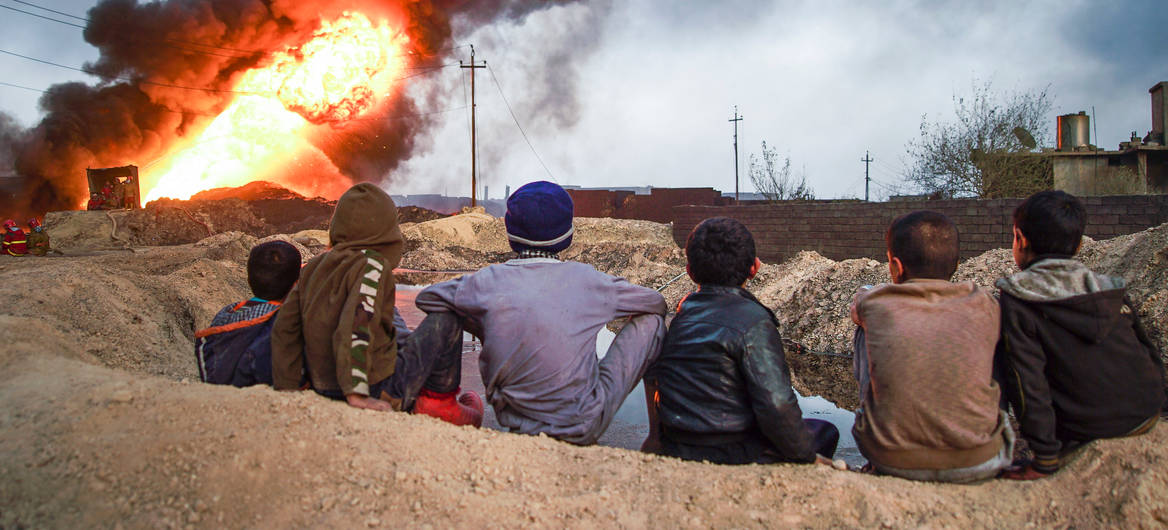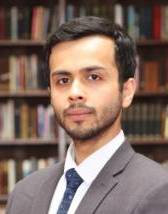Challenges to Stabilisation in Iraq after the Mosul Operation
Report from two roundtables convened to discuss the stabilisation in and challenges facing Iraq after the liberation of Mosul from the hands of Daesh.
On 28 November 2016, RUSI, the University of Exeter and the University of Birmingham hosted a workshop aimed at discussing the stabilisation in and challenges facing Iraq after Daesh (also known as the Islamic State of Iraq and Syria, or ISIS). The event comprised two sessions, the first of which included Iraqi parliamentarians representing areas across the country. The MPs – including members of parliamentary committees dealing with foreign relations, corruption, education, civil society and labour and social affairs – expressed their viewpoints and provided local-level insights on the issue. The MPs were joined by experts on Iraq from academia, the government and they private sector; they continued the discussion in the second session.
The roundtable was the second in a series of events constituting an ESRC-funded project on ‘The Future of Iraq and Syria’, undertaken by RUSI in collaboration with the University of Exeter and the University of Birmingham.
This report summarises the major conclusions and talking points of the discussion, which focused mainly on five issues: weak governance and legitimacy; national reconciliation beyond ethnic and sectarian lines; Kurdish infighting; the Mosul operation; and the role of external powers.
Aniseh Bassiri Tabrizi is a Research Fellow in International Security Studies at RUSI.
Aaditya Dave is a Research Analyst in International Security Studies at RUSI.
Gareth Stansfield is Professor of Middle East Politics at the University of Exeter, and a Senior Associate Fellow of RUSI.
Stefan Wolff is Professor of International Security at the University of Birmingham and an Associate Fellow of RUSI. His expertise is in the international management of intra-state conflict and war-to-peace transitions.
WRITTEN BY
Dr Aniseh Bassiri Tabrizi
External Author
Stefan Wolff
Aaditya Dave
Former Research Analyst, South Asia




